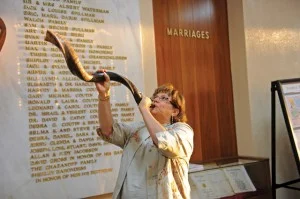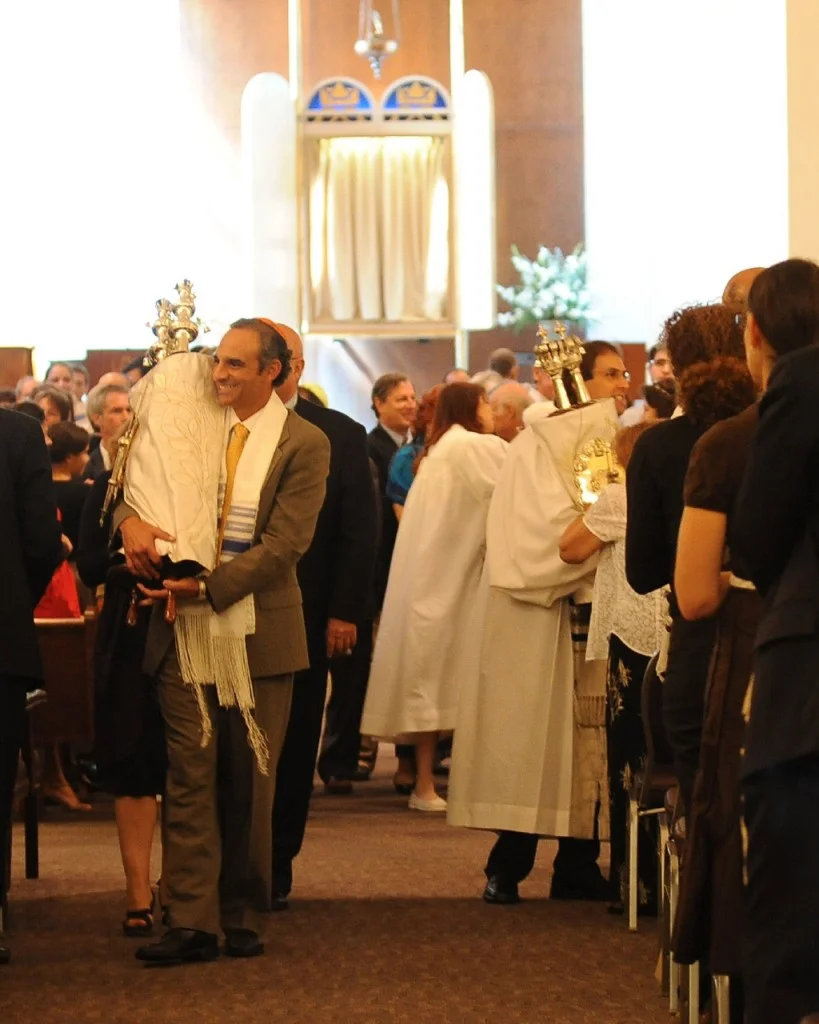
By Shana LiVIGNI
“…In the seventh month, on the tenth day of the month, you shall afflict your souls, and you shall not do any work … For on that day he shall provide atonement for you to cleanse you from all your sins before the Lord.”
-Leviticus 16:29-30
This year, Yom Kippur began at sundown on Sunday, Sept. 27, and lasted until sundown Monday, Sept. 28. This Day of Atonement occurs on the 10th day of Tishri, which begins with Rosh Hashanah.

Yom Kippur is considered the most important holiday of the Jewish year. Many Jews who do not observe any other Jewish custom will refrain from work, participating in a total fast and attend synagogue services on this day.
The name “Yom Kippur” means Day of Atonement, a day set aside to atone for the sins of the past year and when judgment is entered in God’s Book of Life. After Rosh Hashanah and before Yom Kippur are 10 days known as the Days of Awe. They offer a chance for spiritual renewal and repentance before Yom Kippur. It is an opportunity to atone for sins between man and God, and to reconcile and right the wrongs between men.
Rabbi Richard Schechter became the rabbi of Temple Sinai in Glendale in August of 2005 and performed the Yom Kippur services. “The High Holy Days are the highlights of the year for me,” he said, adding, “They are meaningful, poignant, uplifting and beautiful. During this time, we see communities coming together to pray for peace, well-being, forgiveness, reflection, and send blessings to the country and the world. The two hours of services the night before Yom Kippur include prayers, themes, melodies and songs – some hundreds of years old – in both English and Hebrew. We are a reformed synagogue and therefore, involve more English in our services than the conservative or orthodox services.”
Rabbi Schechter is described as a passionate teacher, speaker, writer and storyteller who brings a unique blend of warmth, wisdom and sense of humor to his congregation and the community. “From Rosh Hashanah through Yom Kippur, we ask for and give forgiveness with structured prayer, silent prayer, quiet reflection and fasting.” Rabbi Schechter sees this time as not only the way to receive forgiveness, but to also be able to forgive ourselves. “In my sermons, I think it’s very important to talk about the need to forgive ourselves. In our society, we are very hard on ourselves; we make mistakes and have our own personal suffering. We need to realize we are not alone. We have to learn to forgive ourselves before we can truly forgive others, and this ongoing process will help us accept and forgive each other during the entire year.”
There are five separate services during Temple Sinai’s Yom Kippur traditions from 10 a.m. to sundown. The Yizkor is a memorial to those who have passed on and they are honored; their names spoken out loud, near the end of the afternoon.
The supportive non-Jewish spouses who are raising their children with a Jewish upbringing are publicly honored and thanked.
Ilene Rivera of La Crescenta grew up in an entirely Jewish household in Lynchburg, Va. “Shortly after moving to Los Angeles, I got married and even though my husband was (and is) Catholic, he was very supportive of my decision to raise our children in the Jewish faith,” she said. “I eventually joined Temple Sinai of Glendale, a temple that has always welcomed interfaith couples and their families with open arms. While my husband doesn’t accompany me to religious services, he has always been very supportive and accepting of my faith. This year’s Yom Kippur services, as in years past, gave me the opportunity to be reflective, since the essence of the holiday allows for a certain amount of introspection as well as the opportunity for atonement.
“That, to me, is one of the primary reasons why the holiday is so important.”
For more information on Temple Sinai, visit /www.temple-sinai.net/. The temple is located 1212 N. Pacific Ave. in Glendale.
